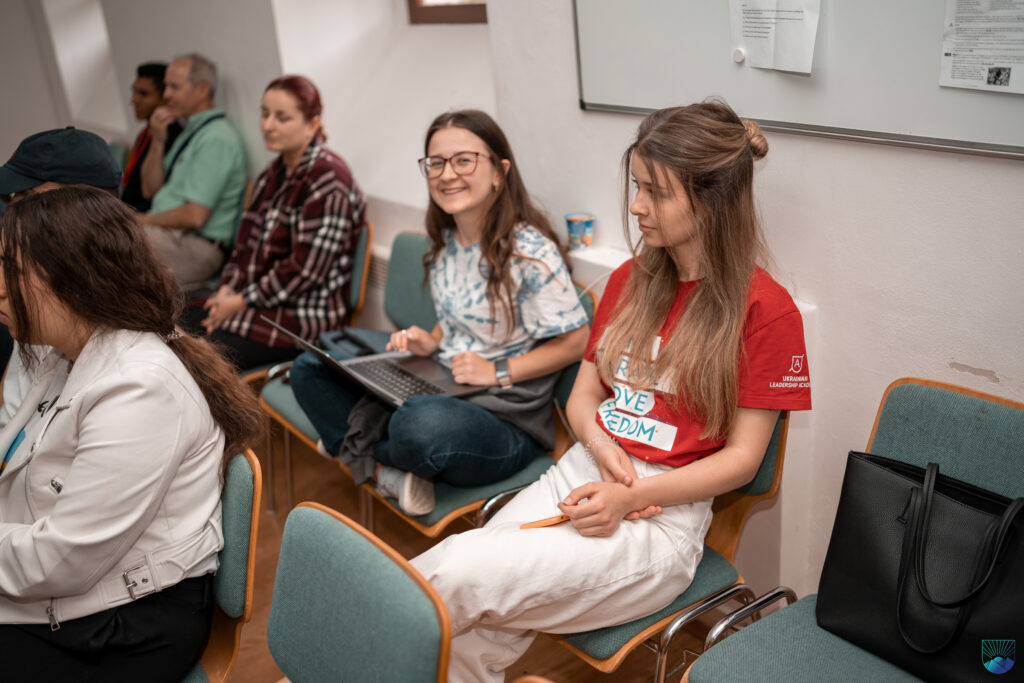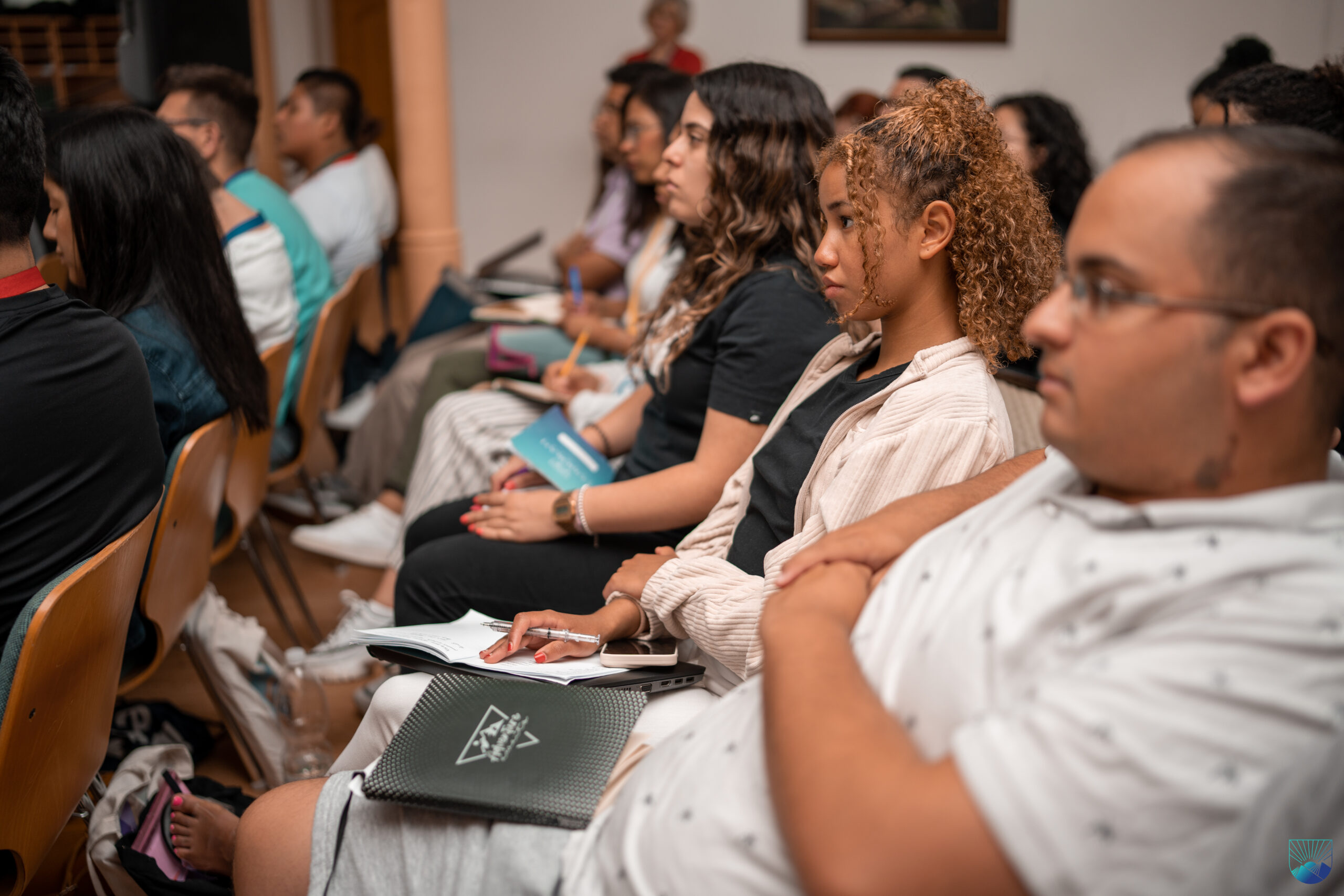More than any other asset, trust is the key to successful teamwork. It fosters innovation, enhances productivity, boosts motivation, and builds loyalty. Compared with people at low-trust companies, people at high-trust companies report 74% less stress, 106% more energy at work, 50% higher productivity, 76% more engagement, 29% more satisfaction with their lives, and 40% less burnout.
But what if, for some reason, the trust in the team was destroyed? Is it possible to restore it, and if so, how to do it?
Understanding the Foundations of Trust
According to Stephen M. R. Covey, the bestselling author of “The Speed of Trust”, trust is based on two factors: character and competency.
Trust Based on Character and Competency
Character is built based on integrity and intention. In terms of teamwork, it means that people believe everyone acts honestly and respectfully and stays committed to the team’s purpose without any ulterior motives. Competency is built based on capabilities and results. It means team members are convinced that their colleagues have the necessary skills, talents, and expertise to perform, and this belief derives from the results of their work.
The Four Cores of Trust
Integrity, intention, capabilities and results are the 4 cores of trust. If the team is faced with the problem of mistrust, it is necessary to determine which element of the equation has been broken and take appropriate steps to rebuild trust.

Rebuilding Trust in Different Areas
Restoring Integrity
This may happen because of inadequate or inconsistent communication, lack of transparency, criticism and finger-pointing. Non-integrity can be displayed by avoiding expressing opinions, not keeping promises, breaching corporate culture, etc.
Encouraging Open Communication and Transparency
To solve this, team leaders and members must encourage open and honest communication within the team. The workplace should be a safe space where team members feel comfortable sharing their thoughts, concerns, and feedback without fear of judgment. During meetings, ensure that everyone has the opportunity to express their opinion without interruption or criticism from others.
Rebuilding Intention
A lack of communication and unclear purposes within the team can cause this situation, leading to doubts about others’ goals and whether they deserve trust. As a result, team members may withhold information and fail to provide the necessary support to one another.
Promoting Understanding and Alignment of Team Goals
To rebuild trust in this aspect, a leader must clearly explain team goals and ensure everyone understands the shared objectives and how their individual roles contribute to the larger picture. In addition, it is a good idea to regularly organize informal get-to-know-you activities, which can help team members to understand values and goals, driving others to work.
Restoring Capabilities
Distrust in the expertise of team members occurs due to an incorrect system of encouragement and recognition, as well as when the team does not exchange information about work results, both achievements and failures. Broken trust at this level may manifest itself through micromanagement and a problem with delegating tasks.
Fostering Information Sharing and Delegation
When distributing tasks, a leader needs to consider what strengths team members have, where they can best show themselves and what help they need for this. The results of the work must be discussed regularly so that everyone is aware of what each member is working on. It is also worth encouraging constant learning and information sharing within the team.
Repairing Trust in Results
When some team members fail to follow through on their commitments, consistently miss deadlines and fail to reach objectives, it creates an atmosphere of mistrust, affecting the team’s ability to collaborate effectively and achieve goals.
Providing Constructive Feedback and Setting SMART Goals
In this case, to rebuild trust, team leaders should clearly define roles, responsibilities, and expectations within the team. After that, they must provide comprehensive feedback to team members who are not meeting their commitments. To build trust, leaders should show that their role is to help, not to blame, and help team members to set SMART goals for improving their performance.

The Path to Rebuilding Trust
It is important to note that rebuilding trust takes time and effort from all team members. But by understanding the basics of building trust, identifying mistakes and problems, and taking appropriate steps to overcome them, the team is able to restore an atmosphere where everyone can count on the support of the other.
Rebuilding Trust Requires Time and Effort
Rebuilding trust takes time and effort from all team members. It is a gradual process that requires consistent actions and a genuine commitment to rebuilding trust. Patience and realistic expectations are key.
Understanding Trust Basics and Identifying Mistakes
To rebuild trust effectively, it is crucial to understand the foundations of trust and identify the specific mistakes that led to its breakdown. Recognizing the core elements of trust allows for targeted strategies to address those issues and learn from past mistakes.
Steps to Overcome Trust Issues
Overcoming trust issues involves fostering open communication, demonstrating trustworthiness through consistent actions, reestablishing clear goals and expectations, encouraging collaboration and cooperation, offering support and encouragement, and celebrating success. By implementing these steps, trust can gradually be rebuilt and a more cohesive work environment can be created.

Conclusion:
Trust is vital for successful teamwork, boosting productivity, motivation, and loyalty. Rebuilding trust involves addressing integrity, intention, capabilities, and results.
To restore trust, foster open communication, and a safe sharing space. Clearly define goals and roles, recognize individual strengths, encourage learning, and facilitate information sharing. Provide feedback and support for improvement.
Rebuilding trust takes time and commitment from all team members. By understanding trust fundamentals and taking appropriate steps, teams can create a supportive environment. Trust is a valuable asset for a positive and collaborative workplace, driving greater success.




